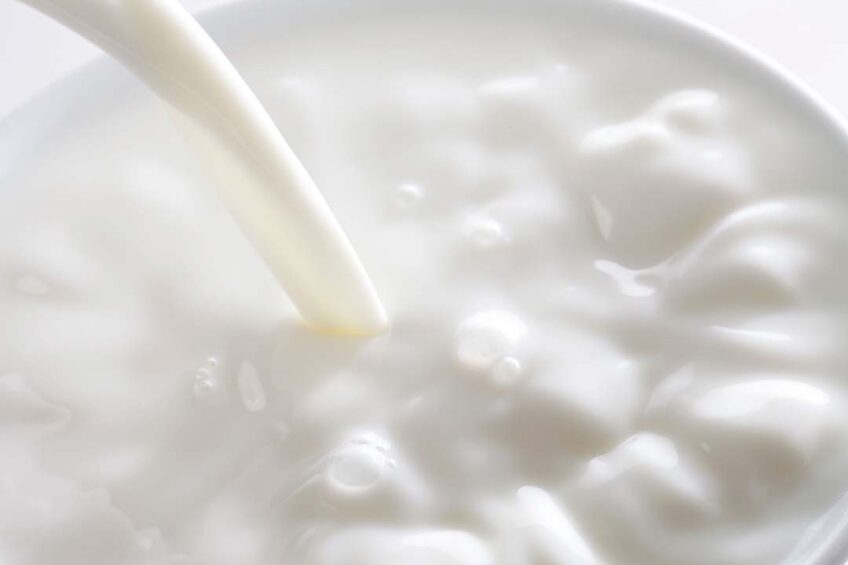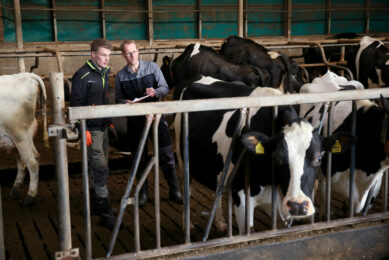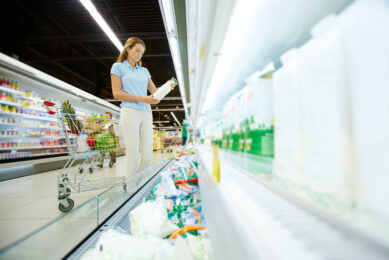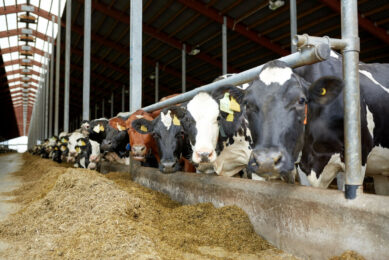How Russia’s EkoNiva increased raw milk production

Russian dairy producer, EkoNiva, manufactured 1.26 million tonnes of milk in 2023, nearly 65,000 tonnes up compared with the previous year. The company is expected to keep pushing output higher, taking advantage of state aid.
EkoNiva, a large raw milk manufacturer, attributed the positive dynamics to its efforts to streamline operations. For instance, the company optimised its herd and improved feeding efficiency, the company’s press office explained.
In 2023, EkoNiva kept 235,200 heads of cattle against 222,800 in the previous year. New capacities are also being put into operation. In October 2023, the company launched the Bortnikovo farm in the Moscow Oblast, designed to keep 3,500 dairy cows with a production performance of 34,000 tonnes of milk.
Dairy processing
EkoNiva’s efforts to expand its business in the dairy processing segment seem to be paying off. In 2023, the company processed 279,500 tonnes of raw milk, which is 70% more than the previous year.
In particular, the output in drinking milk and traditional dairy products, like cream, kefir, sour cream, cottage cheese, and butter, jumped by 68% year-on-year to 265,000 tonnes. In the yoghurt and dessert segment, which includes ice cream, production performance climbed by 41% to 6,200 tonnes. The company also boosted (by 7 times) cheese production to 8,300 tonnes.
Better production efficiency, allowing the use of production capacities to the maximum possible extent, was the key factor contributing to that growth, the company said. In addition, in the first half of 2023, the company launched the production of some types of semi-hard cheeses at the sites of partner factories in response to the growing demand in the Russian market. This helped the company to expand cheese production.
EkoNiva continued to expand its own retail network and opened more than 20 branded stores last year. In total, the company operates 76 outlets countrywide.
Expanding raw milk production
Marina Petrova, general director of Petrova 5 Consulting, a Moscow-based think tank, told local news outlet Agroinvestor that in 2024, the company will most likely keep expanding raw milk production. The company, Petrov stated, would take advantage of the recent changes in government policy, under which state aid to modernise farms with less than 1,000 heads of cattle was abolished.
This decision will spur the consolidation trend in the Russian dairy industry. In 2024, it is expected that the industrial sector will increase milk production by 2.3%, while backyard farms will see production stagnating.
Join 13,000+ subscribers
Subscribe to our newsletter to stay updated about all the need-to-know content in the dairy sector, two times a week.










